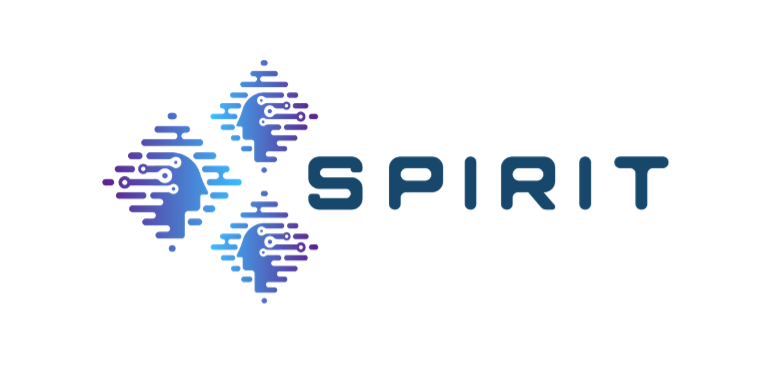IEEE Transactions on Circuits and Systems for Video Technology (IEEE TCSVT)
Journal Website
[PDF]
Vignesh V Menon (Alpen-Adria-Universität Klagenfurt), Prajit T Rajendran (Universite Paris-Saclay, France), Christian Feldmann (Bitmovin), Klaus Schoeffmann (Alpen-Adria-Universität Klagenfurt), Mohammad Ghanbari (University of Essex, UK), and Christian Timmerer (Alpen-Adria-Universität Klagenfurt)
Abstract: Adaptive live video streaming applications utilize a predefined collection of bitrate-resolution pairs, known as a bitrate ladder, for simplicity and efficiency, eliminating the need for additional run-time to determine the optimal pairs during the live streaming session. These applications do not incorporate two-pass encoding methods due to increased latency. However, an optimized bitrate ladder could result in lower storage and delivery costs and improved Quality of Experience (QoE). This paper presents a Just Noticeable Difference (JND)-aware con-strained Variable Bitrate (cVBR) Two-pass Per-title encoding Scheme (JTPS) designed specifically for live video streaming. JTPS predicts a content- and JND-aware bitrate ladder using low-complexity features based on Discrete Cosine Transform (DCT) energy and optimizes the constant rate factor (CRF) for each representation using random forest-based models. The effectiveness of JTPS is demonstrated using the open source video encoder x265, with an average bitrate reduction of 18.80% and 32.59% for the same PSNR and VMAF, respectively, compared to the standard HTTP Live Streaming (HLS) bitrate ladder using Constant Bitrate (CBR) encoding. The implementation of JTPS also resulted in a 68.96% reduction in storage space and an 18.58% reduction in encoding time for a JND of six VMAF points.

Live HTTP adaptive streaming featuring our JND-aware two-pass per-title encoding scheme (JTPS).













